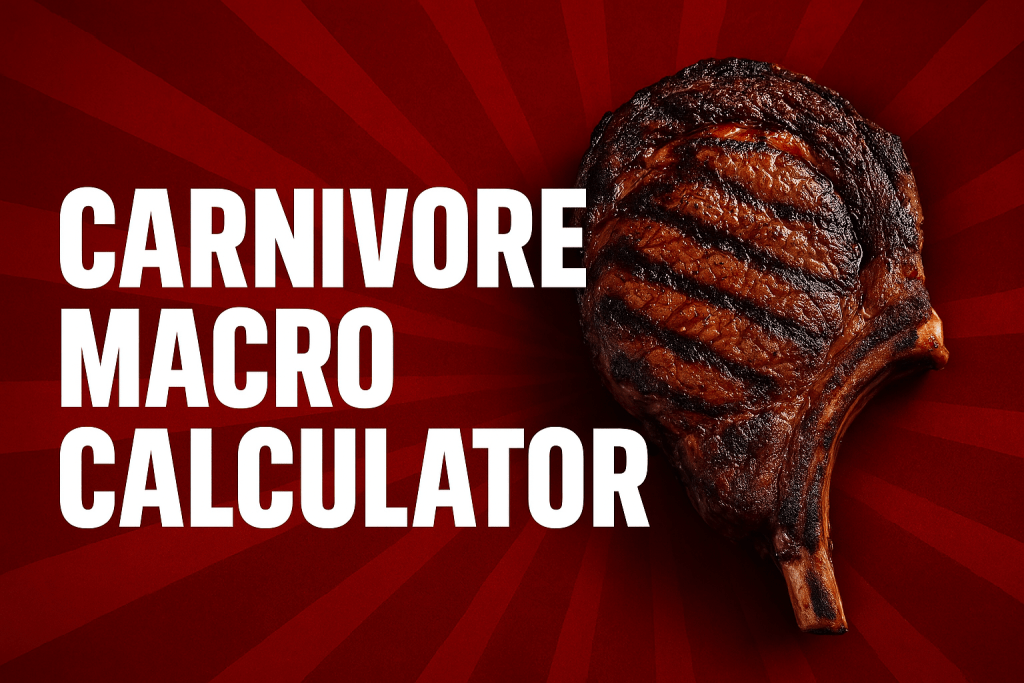Calorie Computer
Your Ultimate Health and Fitness Calculator Hub
Calorie Computer is your ultimate destination for personalized health and fitness calculators. Whether you’re optimizing your diet, maintaining hydration, or improving fitness, our tools are here to guide you with ease.





Health and Fitness Calculators, Reimagined for Real Results.
Health tracking shouldn’t be complicated. Our calculators are built for real people, with modern design, accurate results, and zero guesswork.
- Built for You – Designed for real-world results.
- Modern & Visually Engaging – Responsive and easy to use.
- Accurate & Personalized – Based on verified formulas, not guesswork.
- Simple, Clean Interface – No clutter, just the numbers that matter.
Try It Now and See Feel the Difference
Have you ever wondered how many calories you burn just by being you—living, breathing, moving?
That magic number is your Total Daily Energy Expenditure (TDEE). It powers everything from your heartbeat to your workouts. Your weight, height, age, gender, and activity level all play a part in the equation. Ready to uncover your TDEE?
Try our calculator and take charge of your energy—it’s time to fuel your goals!
Try it for yourself - Explore the TDEE Calculator below and discover what the results say about you.
What the result says about you
Total Daily Energy Expenditure (TDEE)
TDEE is the total number of calories your body burns in a day, including all activities—from basic functions like breathing and digestion to exercise and daily movement. It’s the key number to determine how many calories you need to maintain, lose, or gain weight.
Basal Metabolic Rate (BMR)
BMR represents the number of calories your body needs to perform basic life-sustaining functions while at rest, such as maintaining organ function, regulating body temperature, and supporting vital processes. It’s the foundation of your metabolism and a crucial component of your TDEE.
Health and Fitness Calculators
Discover personalized health and fitness calculators for optimized diet, hydration, and fitness goals.
Water Intake Calculator

Stay hydrated and healthy with our personalized Water Intake Calculator. Tailored to your unique characteristics
Explore More ->
TDEE Calculator

Find out how many calories you burn daily with our personalized TDEE Calculator. Quick and easy results.
Explore More ->
Macronutrient Calculator

Take control of your diet with our Pro Level Macronutrient Calculator. Break down your daily calorie intake.
Explore More ->
Cycling Calculator

For avid cyclists, our Cycling Calorie Calculator is the perfect tool to measure calories burned during your rides.
Explore More ->
Calorie Calculator

Calculate your ideal caloric intake using our calorie calculator. Begin your journey towards a better and healthier you today.
Explore More ->
Step Converter

The Step Converter helps you understand the distance covered based on your daily steps. Monitor your daily step goal.
Explore More ->
Activity Calculator

Curious about how many calories you burn during daily activities? This Calculator offers insights into the calories expended.
Explore More ->
Carnivore Diet

Optimize your protein and fat ratios with the Carnivore Diet Macro Calculator. Designed for carnivore enthusiasts!
Explore More ->
1RM Calculator

Estimate the maximum weight you can lift for one rep. Perfect for setting lifting goals and tracking progress.
Explore More ->
Reverse BMI

Find out what weight you need to reach a specific BMI. A simple way to set, measure and reach your weight goals.
Explore More ->
Reverse BMI Height

Estimate the height needed to reach a target BMI for your current weight. A simple tool for health planning and goal setting.
Explore More ->
Frequently Asked Questions
1. What is Calorie Computer?
Calorie Computer is an all-in-one hub for fitness and nutrition calculators. Whether you’re calculating your daily calorie needs, tracking macros, or estimating calories burned, our tools provide accurate, science-backed results.
2. How accurate are the calculators?
Our calculators use validated formulas like the Mifflin-St Jeor equation for TDEE and MET values for activity tracking. While they provide precise estimates, factors like metabolism, muscle mass, and genetics may affect real-world results.
3. Which calculator should I start with?
Start with the TDEE Calculator to determine your daily calorie needs. From there:
- Use the Macronutrient Calculator to set up your ideal protein, fat, and carb intake.
- Use the Activity Calorie Calculator to estimate calories burned from exercise.
4. Do the calculators account for exercise?
Yes! The TDEE Calculator includes activity levels to adjust for daily movement, while the Activity Calorie Calculator lets you estimate calories burned from specific exercises.
5. Can I use these calculators for weight loss or bulking?
Absolutely! The calculators help you:
- Set a calorie deficit for weight loss
- Maintain current weight with a neutral balance
- Increase calorie intake for muscle gain (bulking)
6. How often should I update my calorie needs?
It’s best to recalculate every few weeks, especially if:
- Your weight changes significantly
- Your activity level increases or decreases
- Your fitness goals shift (from cutting to bulking, etc.)
7. Can I track macros along with calories?
Yes! Our Macronutrient Calculator helps you determine your ideal protein, fat, and carbohydrate intake based on your total daily calories.
8. Does this site provide meal plans or diet recommendations?
We focus on accurate calorie and macro calculations, but we don’t provide specific meal plans. Instead, we recommend using your results to create a plan that fits your lifestyle and dietary preferences.
